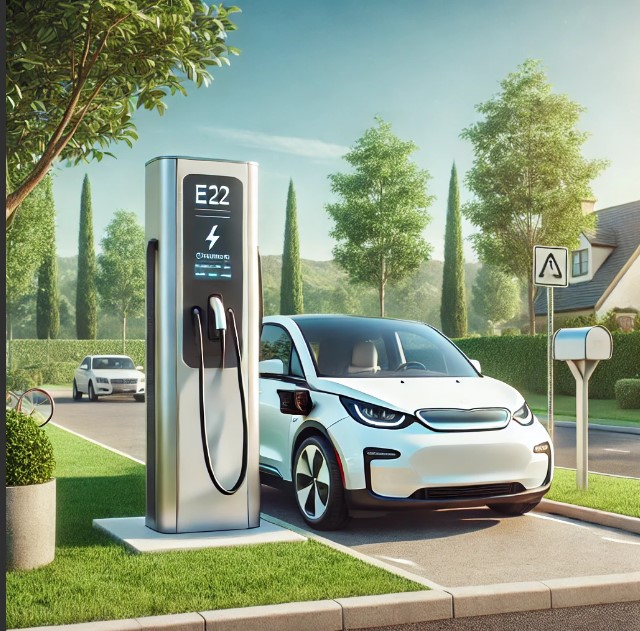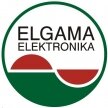-
Product Catalog
- Security and Surveillance Systems
- Automatic Circuit Breakers for Direct Current (DC) Circuits with Integrated Overload, Short-Circuit, and Voltage Stabilization Protection Functions
- Lighting with the help of electrical energy
- Automation and Control Systems
- Sealing profiles | rubber | gaskets | strips
- Inflatable Liquid Storage Tanks | Reservoirs | Bladders
- Inflatable rubber plugs for sealing high-pressure plumbing pipes
- Electrical distribution and installation
- Solar Energy Generation and Management Equipment
- HVAC control solutions for heating and ventilation.
- Special products and accessories
- Other products
- Safety tools
- Quality used products
Electric vehicle charging stations
-
Read more

Electric Vehicle Charging Stations
Electric vehicle charging stations are devices designed for charging electric vehicle batteries. They can be installed both at home and in public places. These stations provide energy to electric vehicles, allowing them to operate longer and more efficiently. With the popularity of electric vehicles, these stations are becoming increasingly important to ensure smooth and convenient use of electric cars.Usage:
Home Use: Many owners install charging stations in their garages or yards to conveniently charge their cars overnight.
Public Use: Charging stations are often found in parking lots, shopping centers, cafes, and other public places, enabling users to quickly and efficiently charge their electric vehicles.
Types:Home Charging Stations:
Designed for home use.
Usually installed in garages or outdoors.
Provides up to 7 kW of power, allowing for a full charge of an electric vehicle overnight.Public Charging Stations:
Installed in public places like shopping centers and parking lots.
Offer fast charging options (up to 150 kW and more), allowing for quick energy replenishment within minutes.Fast Charging Stations:
Designed for commercial use, ensuring rapid charging (up to 350 kW).
Often used in public places where quick energy replenishment is required.Technical Specifications:
Power: Charging stations can offer various power classes:
3.7 kW (standard)
7.4 kW (fast)
22 kW (three-phase systems)
Charging Standards: The most commonly used standards are IEC 62196 (Type 1, Type 2, CHAdeMO, CCS), which ensure compatibility with different electric vehicle models.Safety Features: Built-in fuses, leakage and overload current protections ensure a safe charging process.
Advantages:
Convenience: Quick and efficient charging of electric vehicles, reducing waiting time.
Environmentally Friendly: Encourages the use of cleaner energy and reduces emissions.
Reduced Costs: Charging at home is often cheaper than buying fuel, allowing consumers to save money.
Conclusions:
Electric vehicle charging stations are essential components that ensure the efficiency and convenience of electric vehicle use. Choosing the right charging station can significantly impact electric vehicle performance and user experience, making it important to select reliable and modern solutions. With the growth of electric vehicles, charging stations will become even more important for their efficient and convenient use.No items found.
US IN SOCIAL NETWORKS
























